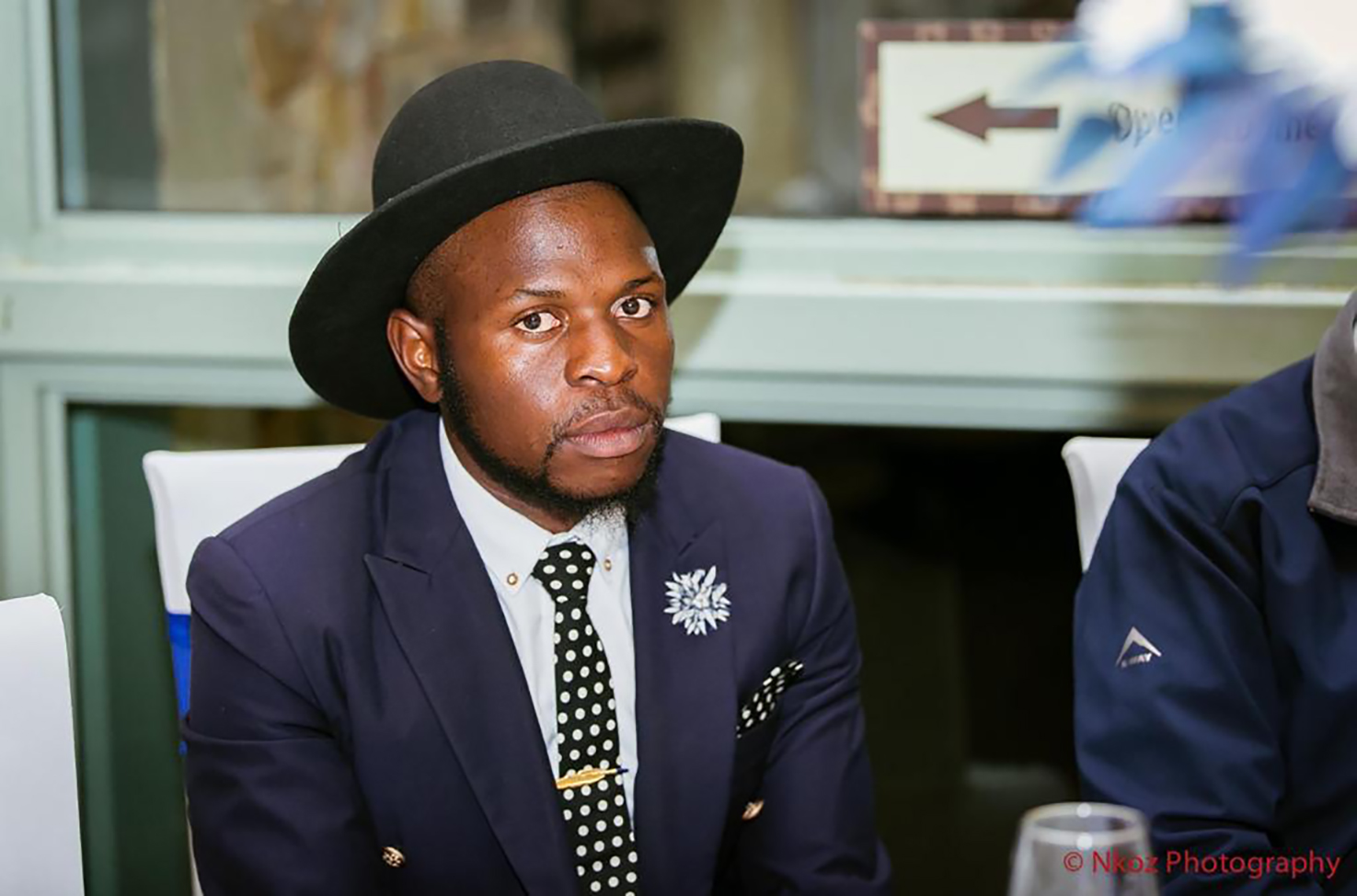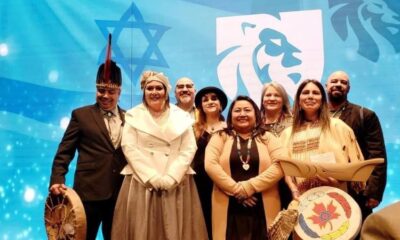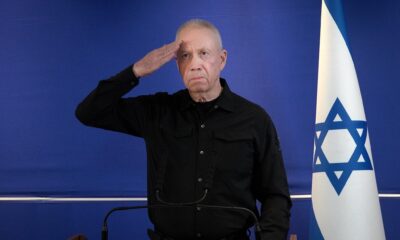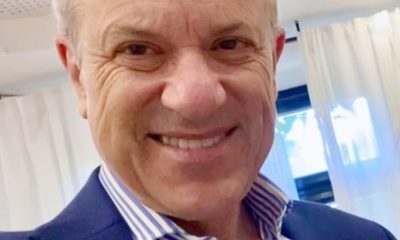
News

Social activist says it’s time to reclaim the term “apartheid”
It’s not often a young black man and former supporter of the Boycott, Divestment, Sanctions (BDS) movement in South Africa stands up for Israel in the media.
Klaas Mokgomole of Africans For Peace has done so on several occasions, the most recent being this month on Eyewitness News (EWN). In that opinion piece, the young LLB graduate called on black people globally to reclaim the term “apartheid” and end its “cultural appropriation”.
Mokgomole sees advocating for Israel as a personal responsibility. He feels obligated to educate and inform people about certain truths, however unpopular they may be amongst his contemporaries.
His EWN article was in response to Israeli human-rights group B’Tselem calling Israel an “apartheid state” for the first time in its 31-year history. B’Tselem began using the word “apartheid” last month when describing Israel, a term long seen as taboo even by many critics of Israel. It’s also a term that has been vehemently rejected by Israeli leaders and supporters worldwide.
B’Tselem released a report in January which said that while Palestinians lived under different forms of Israeli control in the West Bank, Gaza Strip, East Jerusalem, and within Israel itself, they have fewer rights than Jews in the entire area between the Mediterranean Sea and the Jordan River.
“One of the key points in our analysis is that this is a single geopolitical area ruled by one government,” said B’Tselem Director Hagai El-Ad. “This isn’t democracy plus occupation. This is apartheid between the river and the sea.”
Mokgomole flatly rejects this description. Like many international pro-Israel lobbyists, he says the B’Tselem claims are “anti-Israel” and a malicious attempt to grab newspaper headlines. While accepting that the conflict has created social issues in Israel that need to be addressed, calling it apartheid grossly diminishes the suffering of millions of black South Africans under the real apartheid regime, he says.
“As a young black South African, I’m reminded that for our parents and grandparents, the apartheid years were a source of deep personal trauma. Their generations were compelled to live under that viciously discriminatory system and those of us who have grown up in post-apartheid South Africa can clearly sense its lingering legacy,” Mokgomole wrote.
“Precisely because we South Africans know intimately what apartheid involved, we have a duty to question whether it’s an appropriate term to be used outside of its continental context, such as by B’Tselem in the context of the Israel-Palestine conflict.
“Apartheid was about race, not religion or nationality. In South Africa, the primary issue was the domination by one race over another. By contrast, Arab citizens of Israel enjoy the same rights and freedoms as Jewish Israelis.”
Speaking to the SA Jewish Report this week, Mokgomole said he felt it was necessary to air his views publicly.
“I decided to write the article because I see the need in this country to educate the youth about this narrative which has been hijacked by certain anti-Israel groups trying to perpetuate hatred.
“I watched a segment on CNN regarding B’Tselem’s apartheid announcement, and it provoked me. Here was a world news outlet publishing neo-fake news about Israel, and I just thought people were going to watch this and believe it. I needed to try do something.”
Mokgomole has come a long way from his heady student representative council days when he admits he sympathised with student movements supporting BDS at the University of the Witwatersrand (Wits). He was part of the controversial Wits 11 who were disciplined after disrupting an Israeli-funded concert on campus in 2013. The protest included a number of anti-Israel activists chanting “dubula e Juda” (shoot the Jew).
He was expelled from Wits for the part he played in the protests, something which came as a blow to the then final-year law student.
The young activist was forced to get a job after losing his student funding following the disruptive protest. But he began educating himself about the Middle East and looking at the complete picture to form a different view on the troubled region.
A visit to Israel in 2015 as part of the South African Israel Forum helped to inform him further. Youth leaders from the African National Congress Youth League, the Progressive Youth Alliance, and the South African Student Congress went on the tour.
“I was still part of BDS at that stage, but I started to realise that politically active students on campuses were brainwashed into believing one pro-Palestine narrative, and that students were inclined to believe only one side of the story.”
Upon returning from the study tour of Israel and Palestine, he and several students were lambasted by BDS for attending the sponsored tour. He was criticised for being a “sell out”.
What followed was a process he terms “unlearning to learn”.
“The trip opened my eyes,” he said, and led to the formation of Africans for Peace, a collective of independent students, scholars, and activists who bring an African lens to global debate on peace and stability on the African continent and around the world.
He has written many articles and given many media interviews. He has also made several appearances on news channel Newzroom Afrika debating the Middle East issue with pro-Palestine activists.
In his latest opinion piece on EWN, he argues that there is little comparison between apartheid South Africa and Israel, concluding, ”While the challenges that face Israel and its neighbour, Palestine, may result in one group feeling discriminated against by the other, it’s different to the legally-based racism and white supremacy that once reigned in our country.
“It’s time the international community recognised this fact, and helped build bridges of trust between people in the region necessary to find a lasting solution to the conflict. This would be the true way to use the legacy of apartheid without stealing it from the real victims.”










